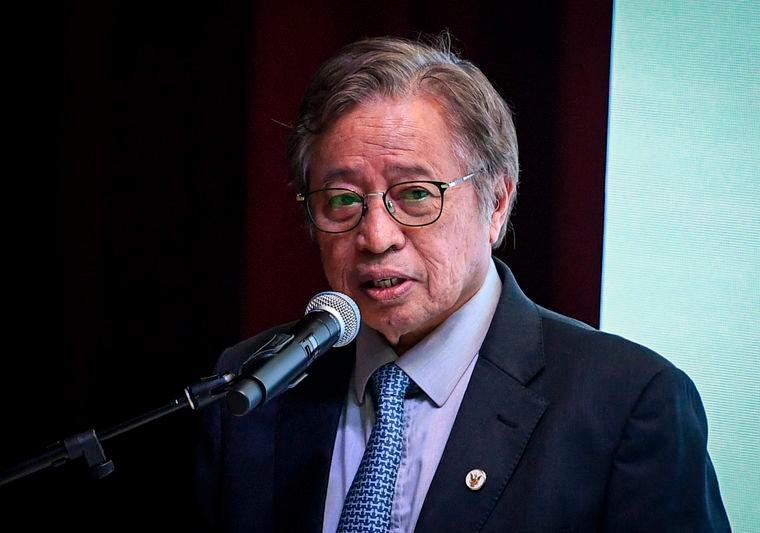KUCHING: Sarawak has always welcomed scientists who offered to assist the State government in taking new approaches in policy formulation to preserve the environment that the people have been enjoying all this while.
Sarawak Premier Tan Sri Abang Johari Tun Openg said the state government that he was leading now is giving emphasis on finding new ways to use the strength that the state possessed, particularly in mitigating climate change.
Speaking at the Second International Conference on Tropical Sciences (TropSc) 2024 dinner here, tonight, he said after the COVID-19 pandemic, the state government set its economic policy based on three pillars, namely economic prosperity, social inclusivity and environmental sustainability.
“These three pillars are the cornerstones for policies framed by the government to develop Sarawak,” he said.
According to him, these pillars had also led him to introduce policies that concerned carbon emission reduction, promoting environmental-friendly fuel, as well as emphasising on science education for its people.
Abang Johari hoped that the two-day TropSc conference could provide Sarawak with inputs that could facilitate in achieving its policies on environmental sustainability, as well as finding solutions to deal with the current global environment.
“I hope the conference that you have will give us certain insight on what to do and how to explore the asset in the tropics so that you are able to contribute to mitigate issues facing the world today,” he said.
The two-day TropSc 2024 which started today is co-organised by the Academy of Sciences Malaysia (ASM) and Universiti Malaysia Sarawak (UNIMAS) with the support of the Sarawak Government and aimed to respond to critical issues in the tropics such as climate change, biodiversity decline, deforestation and habitat loss.
These issues were discussed in four tracks, namely tropical agriculture, tropical architecture and engineering, tropical medicine and tropical natural resources, with the involvement of local and international panellists.
Approximately 300 participants from 20 countries are attending the conference, including from the United Kingdom, Singapore, Thailand, Australia, Colombia, Mexico, Brazil and Timor Leste.









